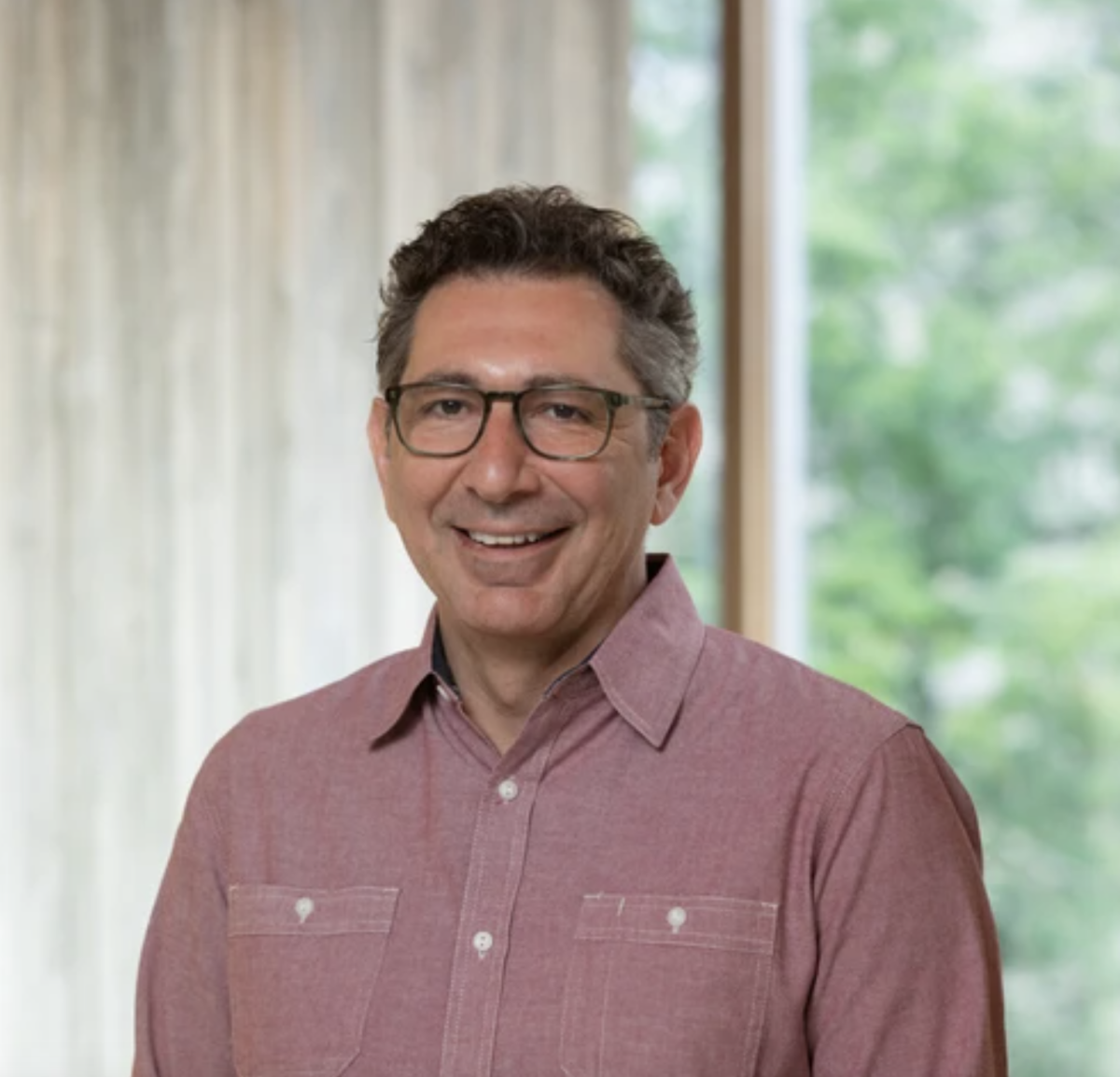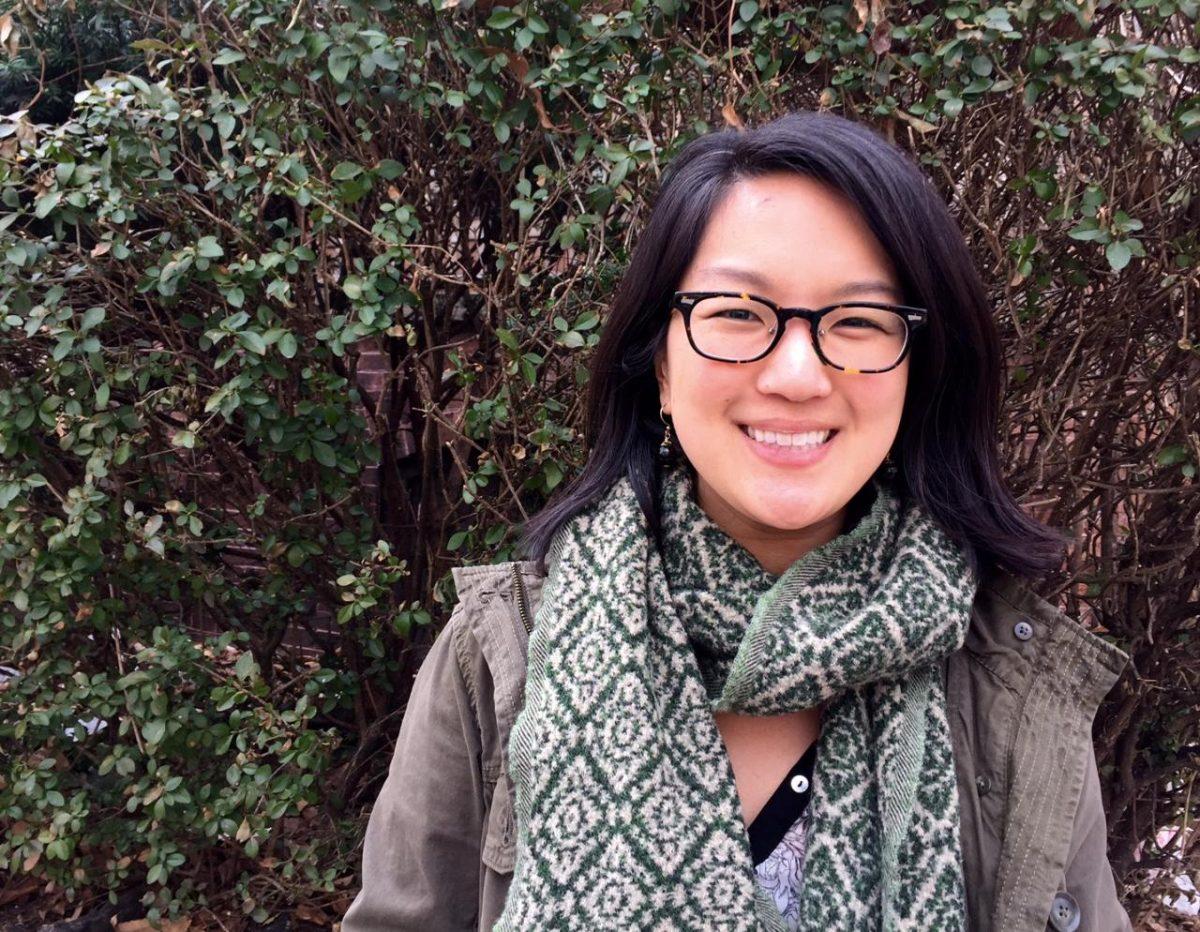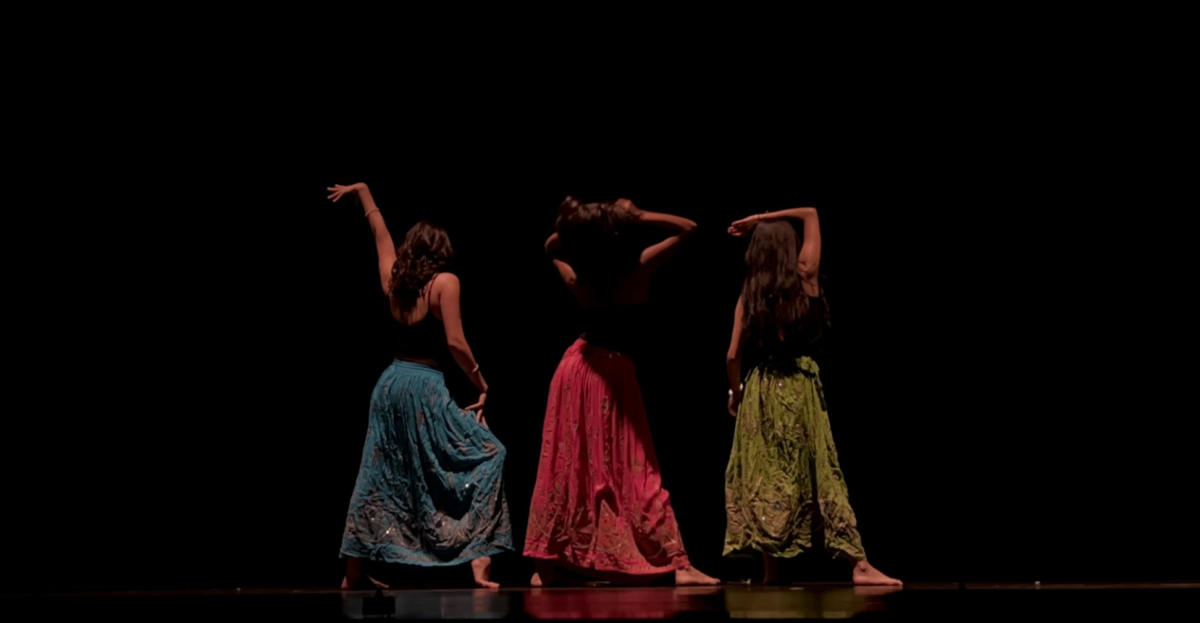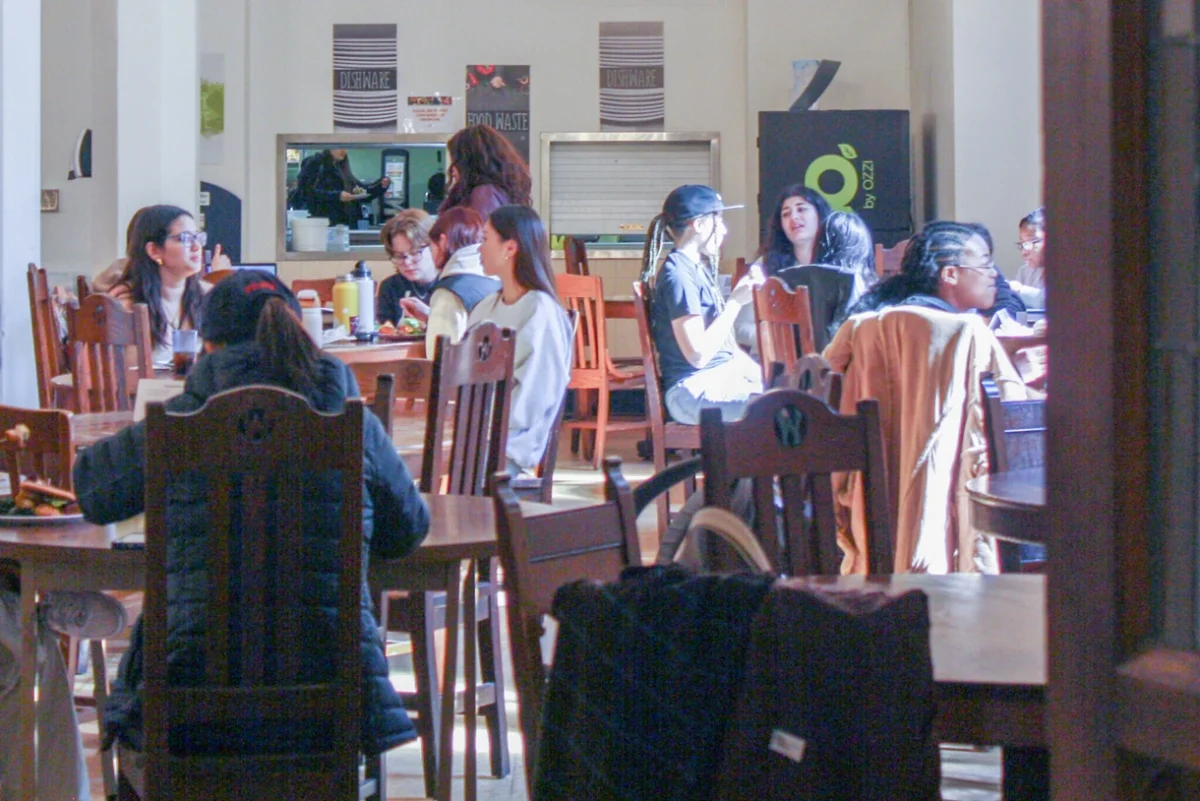Professor Jim Kodera was the first Episcopalian faculty member to arrive and work in Wellesley College’s department of religion and biblical studies in 1976, helping to establish the department of religion as we hear its name today.
“There was some loud opposition, including [from] some alums, but the name made it sound like biblical studies were not part of the study of religion,” he said. “I insisted biblical studies is an integral part of the study of religion, just like the study of Buddhism or Judaism or Islam.”
Kodera traces his interest in religion back to his distinctive family history. His great-great-grandmother’s father was a Danish man who settled in Japan after living in Virginia and married a Japanese woman. Their daughter faced violent acts of aggression due to her interracial identity.
“So from very early on, I developed a sense of outrage in the face of prejudice, bigotry and violence,” Kodera said. “I also grew up as a Christian in a country where less than half of 1 percent today is Christian, so I knew that I came from a very peripheral segment of the Japanese society.”
Kodera’s experiences with social justice continued through his undergraduate studies at Carleton College in Northfield, Minnesota where he actively engaged with the politics of the time.
“I spent many a weekend taking part in marches and demonstrations in support of the civil rights movement by Martin Luther King and others, and also in opposition to the civil war in Vietnam,” he said.
Various fields of study interested Professor Kodera at Carleton due to his interest in social justice, so he explored both sociology and philosophy before deciding to major in religion, and later go to divinity school. Because of the draft policy in the United States at the time, Kodera chose to go to Yale University’s Divinity School before pursuing his graduate studies at Columbia University.
“In those days if you went to divinity school or medical school you were given further deferment, but what I wanted to study was Buddhism in the context of comparative religion under the influence of my undergraduate teacher,” he said.
Once he arrived at Columbia University to complete his doctorate, he chose his dissertation topic due to his mother’s interest in Buddhism.
“She was very interested in Buddhism for two reasons: one is for the contemplative meditative practice and the other one is historic opposition by Buddhists to all forms of violence,” Kodera said.
Kodera worked at Oberlin College for three years before coming to Wellesley College in 1976, where he not only integrally shaped the department of religion but also developed the curriculum for the class on Asian American experience in the 1990s.
“This is where I get the greatest — I don’t know the right word for it — satisfaction, happiness, contentment, and until I absolutely have to retire, I want to continue teaching in one form or another,” he said.
Kodera will be visiting Japan next spring to work on his current project about a Roman Catholic convert Takashi Paul Nagai, whose wife was killed by the atomic bomb dropped on Nagasaki in 1945. Instead of moving away from the epicenter of the bomb dropping, he and his two children moved closer to study the effects of the radiation from the bomb.
“He was bedridden the whole time, and he held the brush in his mouth and his two small children took turns holding it,” Kodera said. “Much of his activities as a writer were focused on doing what he could to prevent nuclear arms.”
Kodera felt inspired when then Speaker of the House Tip O’Neill said, “All politics are local,” referring to his campaigns, and Kodera has adopted this phrase as he conducts his research today on the life of Takashi.
“I’ve come to realize that all scholarships are autobiographical, so in my current research on Takashi, I’m characterizing him as a radiologist, Roman Catholic convert, atomic bomb victim and also a pacifist,” he said.
After teaching and doing research at Wellesley for over 40 years, Kodera explains that his true passion for teaching Wellesley students has kept him here all these years.
“My love has really been teaching, so I like to see students grow intellectually, morally and [through] personal enrichment,” Kodera said. “I consider my role to be very important because in order for students to properly be educated about the history of human struggles, aspirations and disparities, we have to evoke religions — in the plural.”








